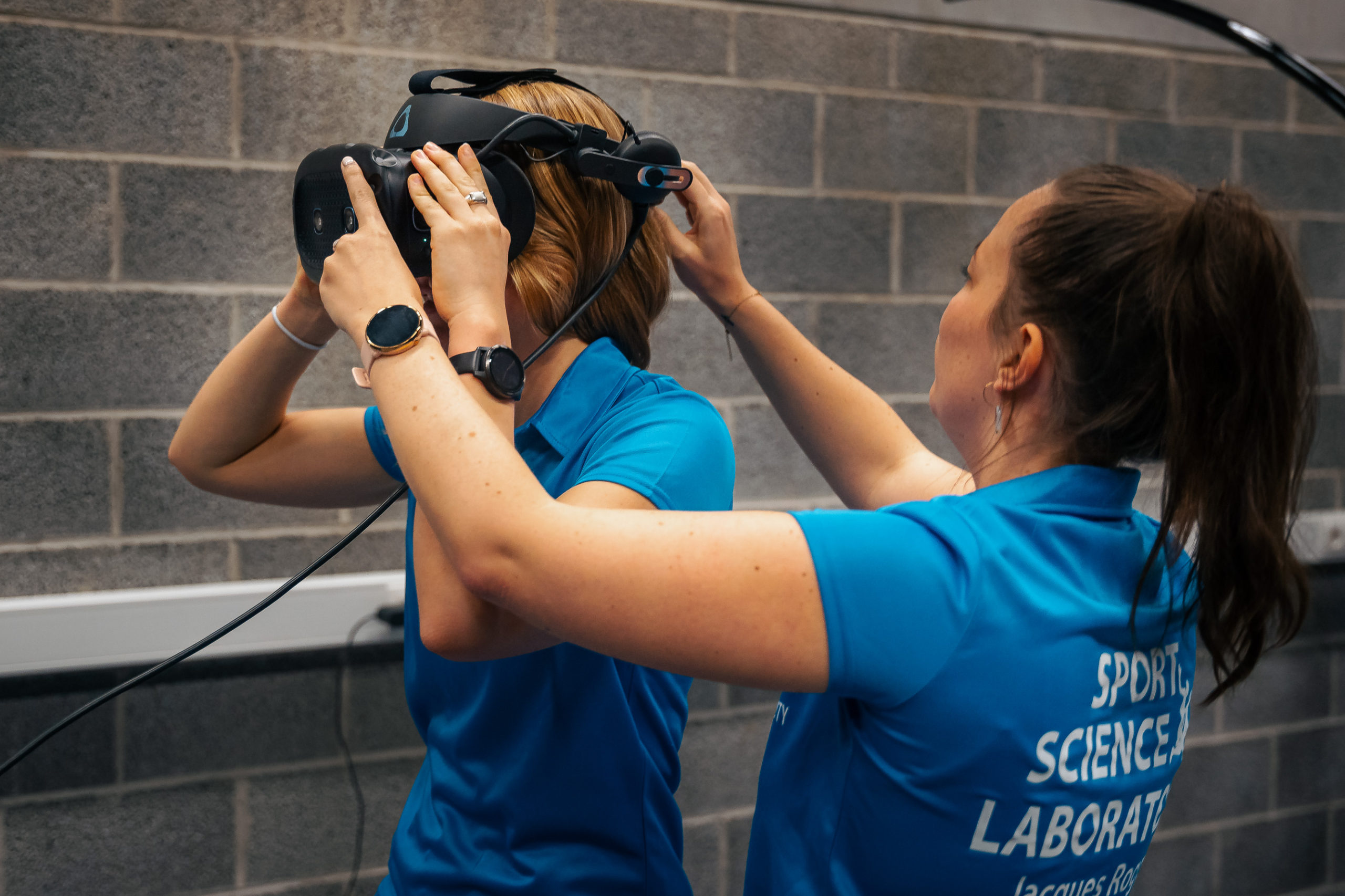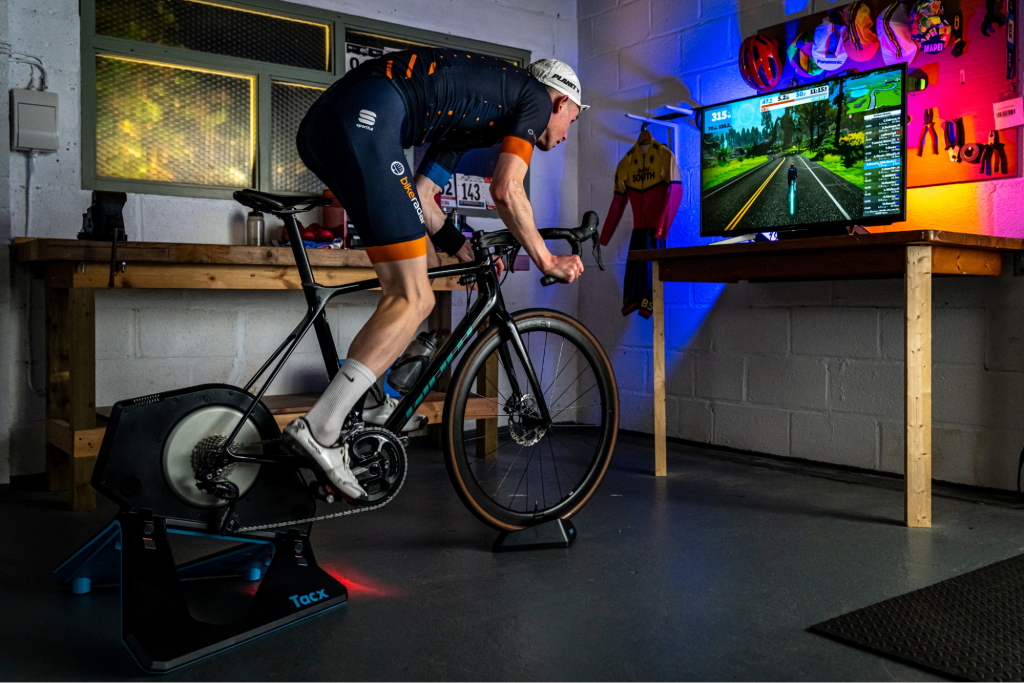Analyze to improve
Wearables measuring fitness and health, VR as a training tool, gaming in rehab, … Sports and digitalization form the perfect match. Elite athletes and patients as well as healthy citizens are waiting for the next user-friendly tools to be developed. Strategic and applied research at our university can form the basis for these kinds of innovations.
Various research teams join forces within Victoris. At the hardware level, new sensors are developed at the Center for Microsystems Technology. For example, these technologies are integrated in insoles and textiles which are then validated in the lab. Another group is working on markerless motion capturing as a tool to be used in the field. These researchers’ expertise is found on the crossroad of image processing and interpretation in sports science. In addition, we have expertise in internet-based communication technologies to connect users and things to the Internet (e.g. cyclists), thereby providing network and cloud services with the goal to convert data into useful information and knowledge.
But what to do with all the data gathered? This is where our data scientists come in. Our consortium brings together expertise from various fields, ranging from database management, multimodal data processing, and geographic media enrichment, to real-time (big data) analysis, data mining, and machine learning (predictive modeling, e.g., on injuries or talent). From linked (open) data and distributed reasoning to deep learning and interactive visualizations. A special research line focuses on the fusion of semantics with artificial intelligence, another hot topic in sports analytics.
Additionally, an important field of expertise is spatiotemporal analysis. New technologies such as high resolution video cameras, GPS and indoor location systems are developing fast. These systems make it possible to track and record, for example, the ball and players during games and training sessions. Beyond traditional sports analytics (statistics), current state of the art approaches in data analysis provide great potential for innovation in this rising market.
Many of our researchers working on the fields described above (hardware and software) are also part of Imec. Imec has merged with the digital research and incubation center iMinds into one high-tech research and innovation hub for nano-electronics and digital technologies, gathered under the name Imec.





